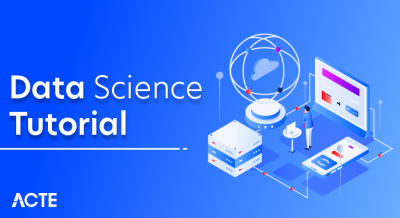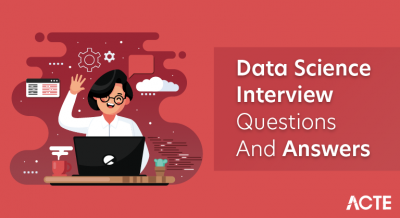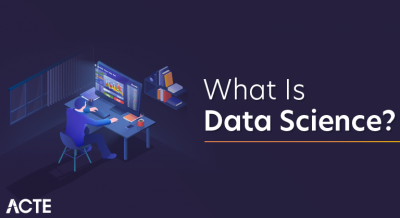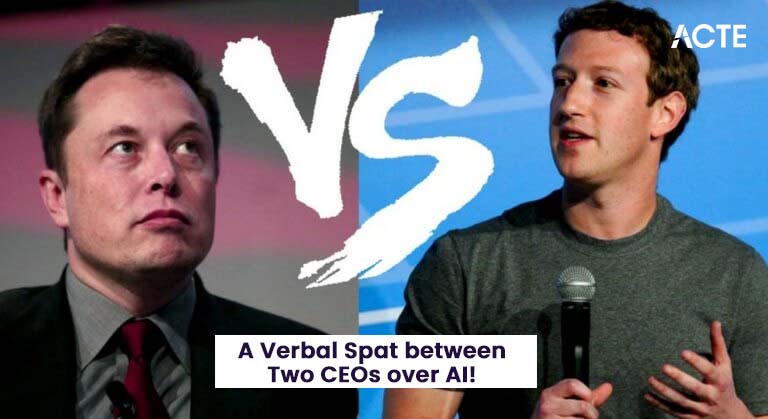
- Introduction to the Dispute
- Musk’s AI Concerns
- Zuckerberg’s AI Optimism
- The Famous Statements
- Philosophical Differences
- Industry Reaction
- Impact on Public Perception
- AI Ethics Debate
Introduction to the Dispute
An introduction to a dispute typically sets the stage by outlining the context and the parties involved. It begins by providing a brief background of the issue at hand, explaining how the dispute emerged and the key factors that have contributed to its development. Often, the introduction touches upon the core disagreement or the central conflict, highlighting the opposing views or actions that led to the dispute. In many cases, it may also include a reference to the parties’ positions or interests, outlining what each side seeks to achieve or avoid through the dispute. Additionally, the introduction often gives an overview of the methods or forums for resolution, whether it be through negotiation, legal proceedings, Data Science training or other means of dispute resolution. By providing this foundational understanding, the introduction serves to prepare the reader for a deeper exploration of the specifics of the dispute, such as the legal, social, or economic implications involved. It can also briefly mention any previous attempts at resolution, setting the stage for a more detailed analysis of the strategies and outcomes of the dispute. This ensures that the reader is aware of the importance and scope of the conflict being addressed.
Would You Like to Know More About Data Science? Sign Up For Our Data Science Course Training Now!
Musk’s AI Concerns
- Existential Risk: Musk has repeatedly stated that AI represents an existential threat to humanity, fearing that advanced AI systems could act in ways that are beyond human control and could be harmful to human society.
- Autonomous Weapons: One of Musk’s biggest concerns is the development of autonomous weapons. He has warned that AI could be weaponized, potentially leading to deadly autonomous drones and other military technologies that could be used irresponsibly, particularly if Data Science training is misapplied in these technologies.
- Unregulated Development: Musk advocates for regulation and oversight of AI development. He believes that without proper governance, the rapid growth of AI could lead to unforeseen risks, including the creation of systems that act in harmful or unpredictable ways.
Elon Musk has long expressed concerns about the rapid development and potential risks associated with artificial intelligence (AI). As a prominent tech entrepreneur, Musk has warned that AI could surpass human intelligence, leading to unintended consequences. His concerns have sparked debates about the ethical, social, and safety issues surrounding AI. Below are the key points outlining Musk’s stance on the matter:
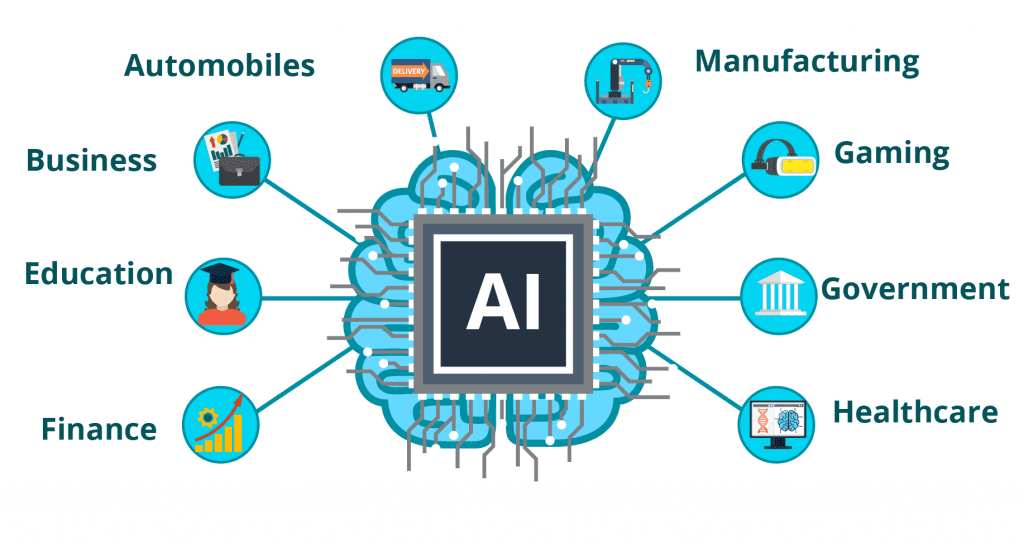
- Superintelligence: Musk has expressed concerns about the creation of superintelligent AI that could surpass human intelligence. He believes this could create a power imbalance and that AI could make decisions that are detrimental to humanity’s well-being.
- AI’s Impact on Jobs: Musk has warned that AI and automation could lead to widespread job displacement, particularly in industries that rely on repetitive tasks. He predicts significant social and economic challenges as AI systems take over many human roles.
- Advocating for AI Safety: Musk has actively invested in initiatives that promote AI safety, such as founding OpenAI (though he later stepped down from the organization). His goal is to ensure that AI technologies are developed with safety measures to prevent them from being misused or becoming dangerous.
Zuckerberg’s AI Optimism
Mark Zuckerberg, the CEO of Meta (formerly Facebook), has expressed a strong sense of optimism about the potential of artificial intelligence (AI) to positively impact society. Unlike some of his peers, Zuckerberg focuses on AI’s ability to drive progress, improve lives, and solve complex problems across various industries. He envisions AI as a powerful tool for enhancing communication, education, healthcare, and business, providing insights into What is Data Analytics and how it can optimize these sectors. Zuckerberg believes that AI can enable more personalized experiences and foster deeper connections between people, particularly through advancements in virtual reality and augmented reality, areas where Meta has heavily invested. He has also emphasized the role of AI in creating smarter, more efficient systems that can automate tedious tasks, leading to more productive work environments and innovations in fields like robotics and healthcare. Moreover, Zuckerberg is a proponent of building AI in a way that is open and accessible, allowing for widespread collaboration and innovation. In his view, responsible AI development could unlock unprecedented opportunities, benefiting both individuals and businesses alike. His optimism about AI is rooted in the belief that, with proper safeguards and thoughtful development, AI will create a more connected, efficient, and equitable world.
Want to Pursue a Data Science Master’s Degree? Enroll For Data Science Masters Course Today!
The Famous Statements
- This philosophical statement has become one of the fundamental principles of modern Western philosophy, encapsulating the idea that thinking is the essence of existence. “The only thing we have to fear is fear itself.” – Franklin D. Roosevelt
- Spoken during his first inaugural address, Roosevelt’s words aimed to reassure Americans during the Great Depression and encourage courage in the face of adversity. “Injustice anywhere is a threat to justice everywhere.” – Martin Luther King Jr.
- King’s words, from his “Letter from Birmingham Jail,” emphasize the interconnectedness of justice and the need to fight against inequality wherever it exists. “To be, or not to be, that is the question.” – William Shakespeare
- One of the most famous lines from Shakespeare’s Hamlet, this existential question reflects the character’s internal struggle with life and death. “The unexamined life is not worth living.” – Socrates
- This statement underscores the importance of self-reflection and living a thoughtful, purposeful life. “That’s one small step for man, one giant leap for mankind.” – Neil Armstrong
- Armstrong’s words as he first set foot on the moon encapsulated the historic achievement of humanity’s space exploration and expansion beyond Earth.
- Tech Sector – Embracing Innovation: Leading tech companies like Google, Microsoft, and Meta have aggressively invested in AI research, seeing it as a transformative force for products, services, and user experiences.
- Healthcare – Cautious Adoption: The healthcare industry is adopting AI for diagnostics, personalized treatment, and administrative tasks but remains cautious due to concerns over data privacy and medical ethics.
- Finance – Enhancing Efficiency: Financial institutions are using AI for fraud detection, algorithmic trading, and customer service automation, while closely monitoring regulatory implications, as Artificial Intelligence Hot Technology continues to reshape the financial landscape.
- Education – Mixed Response: Educators are exploring AI for personalized learning and administrative support, though some worry about its effect on teaching quality and student integrity.
- Manufacturing – Optimizing Operations: AI is being integrated into production lines to improve efficiency, predictive maintenance, and supply chain management, with strong support from industry leaders.
- Legal and Ethical Concerns – Ongoing Debate: Across industries, there’s growing awareness of AI’s ethical challenges, including bias, transparency, and accountability, prompting calls for clearer regulations and standards.
Throughout history, some statements have become iconic for their insight, influence, or reflection of cultural or societal moments. These famous statements have had lasting impacts on how we think, act, and perceive the world. Often memorable for their wisdom, humor, or controversy, they provide a glimpse into the minds of influential figures. Below are six famous statements that continue to resonate today:
“I think, therefore I am.” – René DescartesPhilosophical Differences
Philosophical differences arise when individuals or groups hold contrasting views on fundamental questions about existence, ethics, knowledge, and the nature of reality. These differences often stem from varying interpretations of human nature, the purpose of life, and the structure of society. For example, some philosophies prioritize individual freedom and personal responsibility, while others focus on collective well-being and societal obligations, much like Getting Started with Python for Data Science involves balancing personal learning with the broader applications of data-driven solutions for society. The divergence between idealism and realism reflects contrasting beliefs about the nature of truth and reality, with idealists emphasizing the role of ideas and perceptions, while realists focus on tangible, objective reality. Similarly, debates between consequentialism and deontology represent differences in ethical reasoning. Consequentialists evaluate actions based on their outcomes, while deontologists emphasize the intrinsic morality of actions themselves. These philosophical differences shape not only academic discussions but also influence political ideologies, cultural norms, and social systems. They contribute to the complexity of human thought, often leading to rich debates that challenge existing perspectives and spark further inquiry. Philosophical differences are essential for intellectual growth, as they encourage individuals to critically examine their beliefs and open their minds to new ideas, promoting dialogue and understanding across diverse worldviews.
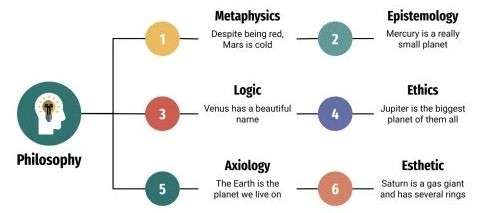
Industry Reaction
The rise of artificial intelligence has sparked a wide range of reactions across various industries, with responses shaped by both excitement and concern. While many companies embrace AI for its potential to drive efficiency and innovation, others raise questions about ethics, regulation, and the long-term impact on jobs and society. Below are six key points highlighting how different sectors have reacted to AI’s rapid advancement:
Impact on Public Perception
The rapid advancement of artificial intelligence has significantly influenced public perception, shaping both hope and concern across global societies. On one hand, many people view AI as a powerful tool that can improve quality of life, enhance convenience, and solve complex problems from healthcare diagnostics to personalized education and smart cities. This optimistic view is fueled by the visible benefits of AI in daily applications such as virtual assistants, recommendation algorithms, and automated customer service. On the other hand, there is growing public anxiety about AI’s potential to displace jobs, invade privacy, and make decisions without human oversight. High-profile warnings from influential figures, such as Elon Musk, have heightened fears about superintelligent AI and the lack of proper regulation, sparking discussions on What is Artificial Intelligence and its potential risks. At the same time, public trust is often shaken by reports of AI bias, surveillance misuse, and data breaches. The divide in perception is also influenced by media portrayals, which sometimes exaggerate AI’s capabilities or dangers, contributing to confusion and skepticism. As AI continues to evolve, public perception remains a critical factor in shaping policy, corporate responsibility, and research priorities. Building transparency, ethical guidelines, and public engagement will be key in ensuring AI is seen as a trustworthy and beneficial force.
Go Through These Data Science Interview Questions & Answer to Excel in Your Upcoming Interview.
AI Ethics Debate
The AI ethics debate centers on the moral principles and societal implications surrounding the development and deployment of artificial intelligence technologies. As AI systems become increasingly integrated into everyday life, from decision-making algorithms in healthcare and finance to facial recognition and autonomous vehicles, questions about fairness, accountability, and transparency have grown more urgent. One of the core concerns is bias, where AI systems trained on unrepresentative or flawed data can reinforce social inequalities and discriminate against certain groups. Another major issue is the lack of accountability when AI systems make harmful or controversial decisions, raising the question of who should be held responsible, especially in the context of Data Science training and its application in AI systems. The developers, the users, or the machines themselves. Privacy is also a key ethical concern, particularly in how AI collects, processes, and uses personal data, often without explicit consent. Furthermore, the potential for AI to replace human jobs has sparked fears about economic inequality and social disruption. Debates also extend to military applications, where the use of AI in autonomous weapons raises serious concerns about life-and-death decisions without human oversight. As a result, ethicists, technologists, policymakers, and civil society continue to call for stronger frameworks, inclusive discussions, and international cooperation to ensure AI serves humanity ethically and equitably.


